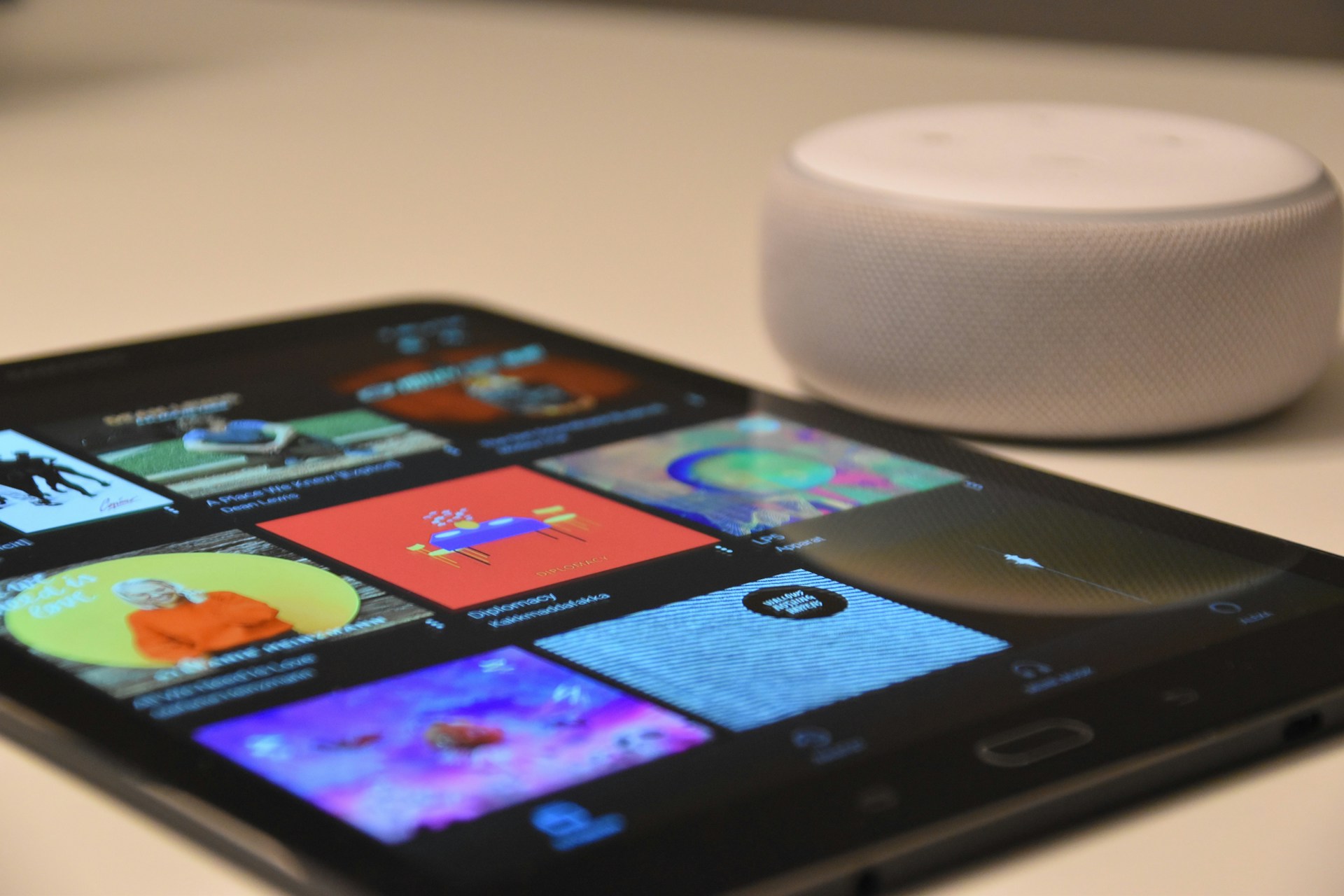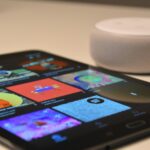Now Reading: Transformative Technology Changing How We Live
-
01
Transformative Technology Changing How We Live
Transformative Technology Changing How We Live

Artificial intelligence (AI) is rapidly altering the fabric of everyday life. From enhancing convenience with smart devices to automating workflows at scale, AI-driven tools are reshaping how we work, play, and connect.
But what are the key ways AI is influencing our daily lives today, and what does this mean for the future? This blog explores six critical areas where AI applications are making a significant impact, unveiling the technology trends defining our generation.
AI-Powered Convenience in Smart Homes
Smarter Devices for Smarter Living
AI has evolved household gadgets into essential, interconnected tools that simplify life at home. Smart thermostats like Nest learn your preferences and adjust temperatures automatically to save energy.
Voice assistants like Alexa and Google Assistant accomplish tasks ranging from setting reminders to managing grocery lists—all powered by advanced machine learning algorithms.
Personalization at Its Best
Smart homes thrive on personalization. From AI-driven lighting systems that adjust based on your mood to refrigerators suggesting recipes based on available ingredients, AI ensures that homes are more intuitive than ever.
Efficient Commutes and Safer Roads
AI in Navigation and Public Transit
AI-powered navigation apps like Waze and Google Maps analyze real-time traffic data to provide the fastest routes, saving users hours every week. Smart city concepts also rely on AI to optimize bus, metro, and ride-share schedules dynamically, reducing wait times.
Autonomous Vehicles
Perhaps one of the most revolutionary AI applications is the autonomous vehicle. Companies like Tesla and Waymo are leveraging AI automation to create safer, driverless cars.
Machine learning continues to refine these systems, making roads safer and commutes less stressful.
Seamless Healthcare Improvements
Diagnostics and Personalized Care
AI algorithms assist medical professionals in diagnosing illnesses more accurately. Tools like IBM Watson Health analyze millions of data points to identify health conditions that might be overlooked by human practitioners.
Virtual Health Assistants
Chatbots and AI health assistants allow users to track symptoms, schedule appointments, and receive prescription reminders. For example, apps like Ada Health empower patients to make informed decisions by offering early health assessments based on AI trends.
Transformation of Workflows in Business
Automated Processes
AI automation is disrupting traditional workflows across industries. Repetitive tasks like data entry and inventory management are now handled efficiently through AI systems like UiPath. This frees up human resources for more value-driven tasks.
Enhanced Decision-Making
Machine learning powers predictive analytics, allowing businesses to forecast trends and customer behavior. Companies like Netflix and Amazon use AI algorithms to recommend products and content, enhancing customer satisfaction while driving sales metrics.
Personalized Learning and Education
AI-Driven Tutoring
AI tools like Duolingo and Khan Academy adapt to individual learning speeds and preferences, creating a better experience for users. By leveraging machine learning, these platforms ensure students get customized lessons that meet their goals.
Intelligent Classroom Tools
AI is helping educators manage large classrooms. Tools like Grammarly assist students in refining their writing, while AI platforms assess student performance and provide actionable feedback.
Entertainment Gets Smarter
Tailored Experiences
Streaming services like Spotify and Netflix use AI to curate recommendations based on user habits. By analyzing past choices, they serve personalized playlists and content suggestions, ensuring viewers and listeners always discover something they’ll love.
Content Creation Powered by AI
AI is entering the realm of content creation. By understanding past entertainment trends and audience dynamics, platforms are even helping to compose music, write scripts, and develop engaging video games.
What’s Next for AI?
The potential of AI is boundless, and its adoption in everyday life only continues to grow. Whether it’s making commutes seamless, improving healthcare access, or redefining entertainment, AI’s influence is undeniable.
Want to stay ahead of artificial intelligence trends? Start exploring how machine learning and AI automation can simplify your day-to-day experiences by keeping informed about the advancements shaping the future. The age of AI is here—how will you leverage it?

























